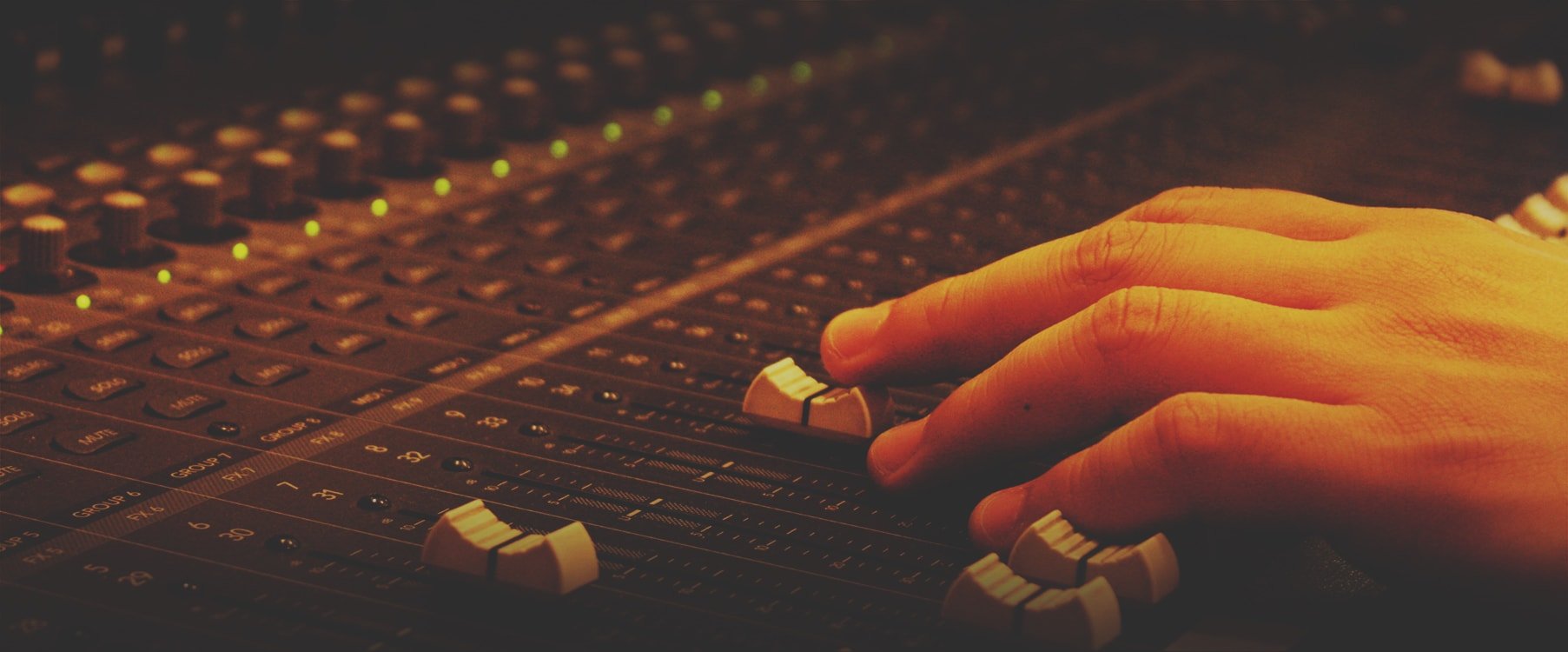Demystifying Audio Mastering: Giving Your Music the Final Touch
Introduction
Audio mastering is the often-overlooked final step in the music production process, yet it plays a crucial role in ensuring your music sounds polished, cohesive, and ready for release. In this blog post, we will demystify the world of audio mastering, exploring what it is, why it's essential, and how it transforms your tracks into a professional and sonically impressive final product.
What Is Audio Mastering?
Audio mastering is the final step in the music production chain, where a skilled engineer prepares and optimizes the mixed audio for distribution. It involves a combination of technical and artistic processes, all aimed at achieving a unified and polished sound across an entire album or a single track. The primary goals of audio mastering include:
Balancing: The mastering engineer ensures that all elements of a song (vocals, instruments, percussion, etc.) are balanced in relation to each other. This involves adjusting the overall volume levels to create a cohesive and pleasing sonic balance.
Enhancing Clarity: Mastering can help improve the clarity and definition of individual elements within a mix. It involves making subtle equalization adjustments to ensure each element is heard distinctly.
Dynamic Control: The mastering engineer applies dynamic processing, such as compression and limiting, to control the dynamics of the audio. This ensures that the music sounds consistent and doesn't have extreme volume fluctuations.
Sequencing: For albums or EPs, mastering also involves sequencing the tracks in the correct order, ensuring a smooth and coherent listening experience from start to finish.
Format Conversion: The engineer converts the final master into the appropriate formats for distribution, such as CD, vinyl, digital streaming, or broadcast.
Why Is Audio Mastering Essential?
Audio mastering is essential for several reasons:
Quality Assurance: Mastering serves as a quality control step. The engineer listens critically to the audio, identifying and addressing any issues that may have been overlooked during mixing.
Consistency: It ensures that all tracks on an album or playlist have a consistent sound and volume level, creating a more enjoyable and professional listening experience.
Optimization for Different Playback Systems: The mastering engineer considers how the music will sound on various playback systems, from high-end studio monitors to consumer headphones and car stereos. This ensures that your music sounds great in any setting.
Loudness and Competitive Edge: Mastering can help make your music competitive in the market. By optimizing the perceived loudness while maintaining audio quality, your tracks can stand out on streaming platforms and radio.
Artistic Enhancement: Mastering engineers bring an artistic touch to the final product. They can enhance the emotional impact of your music, make it sound more polished, and even correct minor imperfections.
The Role of the Mastering Engineer
A skilled mastering engineer is the key to a successful mastering process. These professionals have finely tuned ears, extensive technical knowledge, and access to specialized tools and equipment. They work in acoustically treated rooms to ensure accurate listening and use high-quality analog and digital processors.
During mastering, the engineer listens critically, communicates with the artist or producer, and makes adjustments that enhance the music while preserving its original intent. It's a delicate balance between technical expertise and artistic sensibility.
Conclusion
Audio mastering is the final creative step that ensures your music is ready to be shared with the world. By addressing issues in the mix, optimizing audio for various playback systems, and enhancing the sonic qualities, mastering engineers play a pivotal role in making your music sound its best. It's an art form that bridges the gap between the studio and the listener, allowing your music to shine in all its glory.




